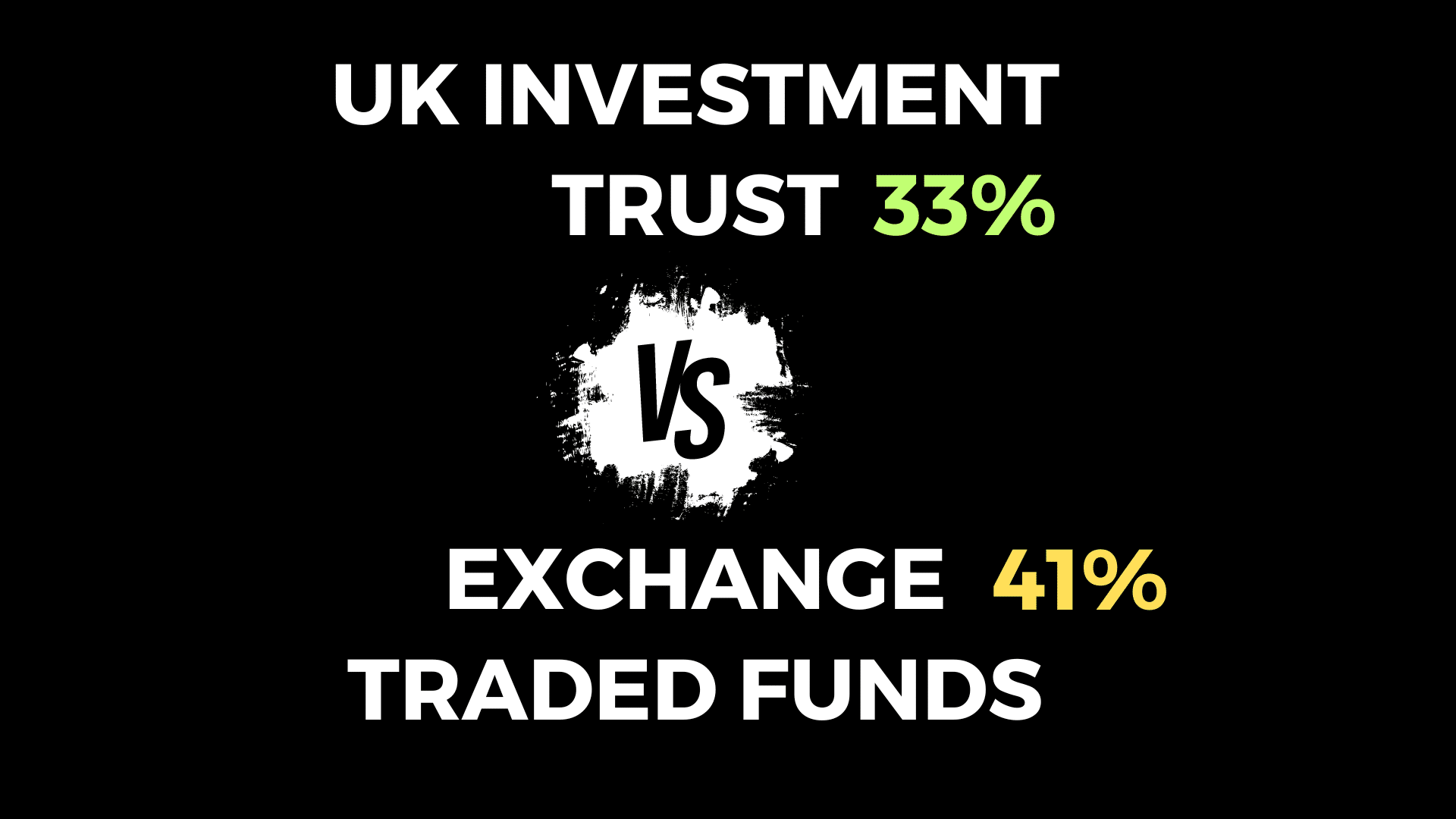Let’s be honest, although crypto projects have unbelievable potential to change our lives and how we do things, most people are currently investing in crypto to try and make a fortune.
Retail investors have been given a fantastic opportunity to invest like venture capitalists. Normally retail investors who invest in the stock market do not get in on the game until a company has IPO’d, and at that stage, a major part of the growth stage has already passed. Unlike in crypto, you can be an early investor, that is a major part of the appeal.
But when you invest so early there will always be significant risks. At the time of writing, there are 18,000 crypto projects listed on CoinMarketCap.com, in 10 years it is likely that over 90% of these projects will not exist anymore
Many have already made sizable fortunes from crypto investing and surely many will do it in the future. If you do strike it rich your next worry will be trying to hold on to as much of that new wealth as possible and not lose it to the taxman.
In this blog post, we will look at ways that you can possibly avoid having to pay over large sums of capital gains tax to the Revenue Commissioner in Ireland. Many of these strategies are already being used by the rich elites.
How is crypto taxed in Ireland
Firstly before we talk about legally avoiding crypto taxation, we need to go over what are the tax rules we play by in Ireland. There are no specific tax rules for cryptocurrency in Ireland. The existing tax rules we use for other financial assets such as stocks will apply. This means the following:
- Capital gains tax rate of 33% on your realised profits
- Annual exemption of €1,270 to offset against your taxable profits
- Losses made can be offset against your other profits.
- Staking rewards and Defi yield farming will be taxed at your income tax rates ( PAYE, PRSI, & USC)
Another important point to note about crypto taxation is whenever you exchange one crypto for another (e.g BTC to ETH, XRP to USDT), this is a taxable event.
Many assume that once you don’t exchange your crypto into fiat currencies such as Euro and USD you do not have to pay capital gains tax, but this is not true. If you would like to find out more about crypto taxes in Ireland we have a specific blog post that goes into more detail.
Methods of Avoiding Tax on Crypto in Ireland
Borrowing against your crypto assets
This has been a method the rich have been using for decades to avoid paying any tax on their assets – this is called the ‘Buy, Borrow, Die’ strategy.
The wealthy simply never sell their assets and therefore never create a taxable capital gain. Instead, they use their assets as collateral to borrow at low-interest rates.
This way they get access to cash to live and their assets keep growing and paying them (interest/rental income) at a faster rate than they have borrowed from the bank. They have plenty of money to service the loan by just paying the interest and then they can refinance again in the future when they need more money. It’s the infinite money hack. They can then pass on their assets to their children in a tax-efficient way through inheritance when they die.
How would this work in practice for crypto? Let’s go through an example.
A retail investor (John) bought 10 ETH when the price was just €100, now his investment is worth €35,000. John is delighted with his gains and wants to cash it in but avoid having to pay 33% tax on his profits.
John decided to use Defi protocol ‘Compound’ and put up his 10 ETH as collateral, this allowed him to be able to draw down 75% of this collateral as a loan – paid out as a stablecoin.
When you borrow using your crypto as collateral you never trigger a taxable event. John now has access to cash and doesn’t have to pay any tax, he is hoping his collateral continues to keep growing in value at a rate that is faster than the interest he has to pay on the loan.
The downside of this method is the volatility of cryptocurrency can make it very difficult, a sudden drop in the value of your collateral may mean that you loan is liquidated with a haircut.
More innovations are coming in Defi such as self-paying loans. How this basically works, is, you place your crypto as collateral into a defi protocol (ration 2:1) and this collateral earns interest through yield farming and is used to pay down your loan.
E.g borrowing €10k worth of crypto with €20k collateral. The collateral will be able to earn interest rates of up to 10% (€2k a year), this €2k can be used to pay down your loan. All you would have to do it pay the interest on your initial crypto loan (€10k) and never have to worry about paying any loan principal repayments.
Moving Abroad
This method would mean that you have to go to great lengths to avoid tax but it is an option for people if you are prepared to do it. But it will require a massive life change as you will have to move country for a minimum period of 3 years. 3 years is how long it takes to lose your ordinarily resident status in Ireland.
You only have to pay tax at the time when you sell your crypto assets and where you pay that tax will depend on your tax residency status at that time. Countries such as Portugal have favourable tax-free rules for crypto. Technically it would take you 3 years to lose your Irish tax responsibilities in relation to capital gains, therefore it would be a big time commitment.
There are more details on how tax residency and investments work in the following blog post:
Disclaimer: This blog post, is for informational and educational purposes only and should not be construed as financial advice.






